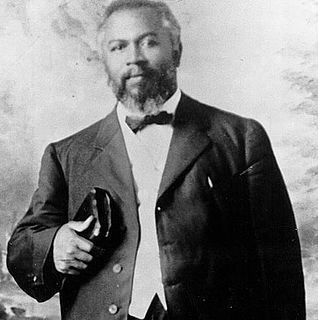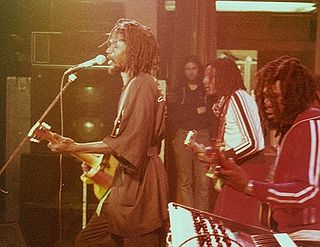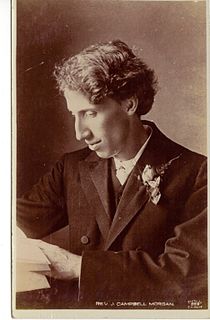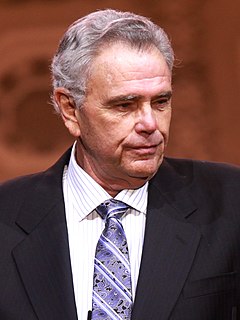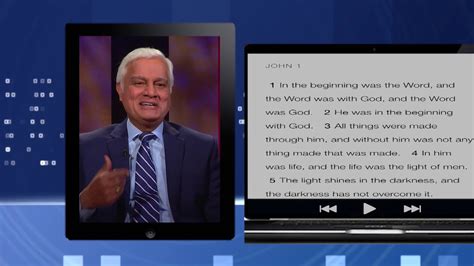A Quote by William J. Seymour
Sanctification makes us holy and destroys the breed of sin, the love of sin and carnality. It makes us pure and whiter than snow. Bless His holy name!
Related Quotes
We've fallen for the devil's lie. His most basic strategy, the same one he employed with Adam and Eve, is to make us believe that sin brings fulfillment. However, in reality, sin robs us of fulfillment. Sin doesn't make life interesting; it makes life empty. Sin doesn't create adventure; it blunts it. Sin doesn't expand life; it shrinks it. Sin's emptiness inevitably leads to boredom. When there's fulfillment, when there's beauty, when we see God as he truly is-an endless reservoir of fascination-boredom becomes impossible.
... the people who, in spite of the bonds of sin which fetter them and hinder them (by constraint and by inciting them to new sins), come to Him, our Savior, with perfect repentance for tormenting Him, who despise all the strength of the fetters of sin and force themselves to break their bonds ? such people at last actually appear before the face of God made whiter than snow by His grace. 'Come, says the Lord: Though your sins be as scarlet, I will make them whiter than snow' (Isa. 1:18).
Evil is neither suffering nor sin; it is both at the same time, it is something common to them both. For they are linked together; sin makes us suffer and suffering makes us evil, and this indissoluble complex of suffering and sin is the evil in which we are submerged against our will, and to our horror.
How often have I been guilty of being the Holy Spirit in their lives? It is my job along with my husbands to impart truth but I can’t reveal truth only the Holy Spirit can. It is my job to point out sin and require obedience but I can’t bring conviction of sin – only the Holy Spirit can convict of sin. It is my job to share the gospel – but I can’t reveal the gospel to my children only the Holy Spirit can reveal the truth of the gospel.
Every one of our sinful actions has a suicidal power on the faculties that put that action forth. When you sin with the mind, that sin shrivels the rationality. When you sin with the heart or the emotions, that sin shrivels the emotions. When you sin with the will, that sin destroys and dissolves your willpower and your self-control. Sin is the suicidal action of the self against itself. Sin destroys freedom because sin is an enslaving power.
Repentance out of mere fear is really sorrow for the consequences of sin, sorrow over the danger of sin — it bends the will away from sin, but the heart still clings. But repentance out of conviction over mercy is really sorrow over sin, sorrow over the grievousness of sin — it melts the heart away from sin. It makes the sin itself disgusting to us, so it loses its attractive power over us. We say, ‘this disgusting thing is an affront to the one who died for me. I’m continuing to stab him with it!’
We want Shraddhâ, we want faith in our own selves. Strength is life, weakness is death. 'We are the Âtman, deathless and free; pure, pure by nature. Can we ever commit any sin? Impossible!' - such a faith is needed. Such a faith makes men of us, makes gods of us. It is by losing this idea of Shraddha that the country has gone to ruin.
Sanctification means the impartation of the Holy qualities of Jesus Christ. It is His patience, His love, His holiness, His faith, His purity, His godliness, that is manifested in and through every sanctified soul. Sanctification is not drawing from Jesus the power to be holy; it is drawing from Jesus the holiness that was manifested in Him, and He manifests it in me.
